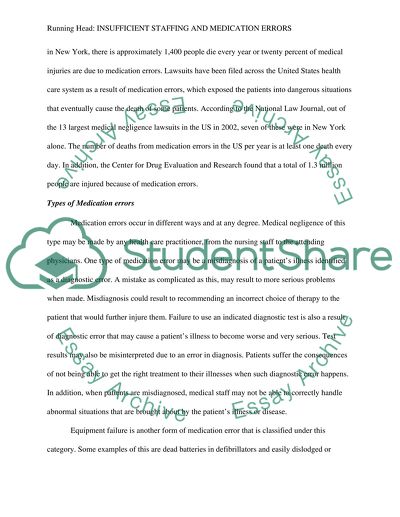Cite this document
(“Insufficient Staffing and Medication Errors Essay”, n.d.)
Retrieved from https://studentshare.org/nursing/1464994-insufficient-staffing-and-medication-errors
Retrieved from https://studentshare.org/nursing/1464994-insufficient-staffing-and-medication-errors
(Insufficient Staffing and Medication Errors Essay)
https://studentshare.org/nursing/1464994-insufficient-staffing-and-medication-errors.
https://studentshare.org/nursing/1464994-insufficient-staffing-and-medication-errors.
“Insufficient Staffing and Medication Errors Essay”, n.d. https://studentshare.org/nursing/1464994-insufficient-staffing-and-medication-errors.


